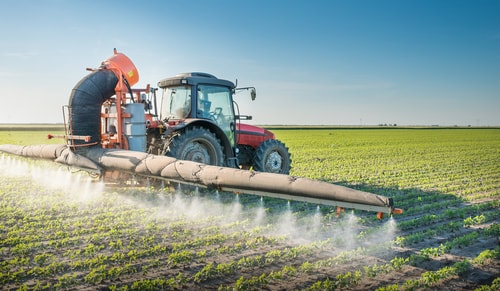What they are and what can be done about them?
By Diego Flammini, Farms.com
Mention Superman, Supergirl or Superboy, and people breathe easier knowing that a superhero is on their way to save the city from the perils of an evil villain.
But when farmers and agriculture professionals mention superweeds, the sentiment is much, much different.
Superweeds like Italian Ryegrass and Pigweed, as described by InspirationGreen, are the result of farmers being “forced to spray larger quantities and more hazardous types of chemicals to keep these "superweeds" at bay.”
The Weed Science Society of America lists as many as 22 superweeds affecting the United States.
Among the factors contributing to regular weeds becoming superweeds is monocropping – planting the same crop over and over. As the farmer keeps applying the pesticides, the weeds gradually become immune to the chemicals.
Keeping with the superhero theme, superweeds are like Superman’s foe, Doomsday. Every time Doomsday is killed, he comes back and is immune to what killed him last.
So what is a farmer to do? They need these pesticides to protect their crops but after a period of time, the weeds aren’t affected anymore.
People who want to try combatting these weeds without chemicals can try some of these methods:
Integrated Weed Management
Using practices including cover crops, crop rotation and mulching can help keep weeds from evolving.
Wood Chips
Using cedar chips, which are naturally pest resistant and help the soil retain moisture.
Mulch
Thick layers of mulch can prevent the weeds from retaining sunlight.
In October 2014, the United States Environmental Protection Agency registered Enlist Duo. A combination of glyphosate (main ingredient in Roundup) and 2,4-D choline salt.
Join the conversation and discuss any successful methods to combat superweeds.

Tractor spraying pesticide